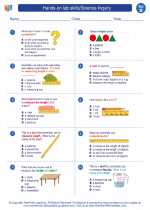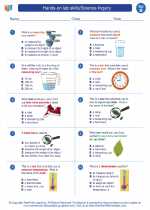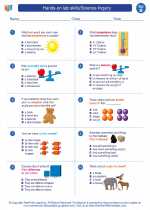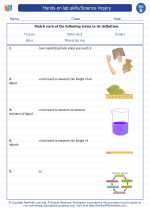Magnetization
Magnetization is the process by which a material becomes magnetized when exposed to a magnetic field. This can occur in ferromagnetic, paramagnetic, and diamagnetic materials. When a material is magnetized, it develops its own magnetic field and becomes capable of attracting or repelling other magnetic materials.
Ferromagnetic Materials
Ferromagnetic materials, such as iron, nickel, and cobalt, easily become magnetized and retain their magnetic properties even after the external magnetic field is removed. This is due to the alignment of magnetic domains within the material.
Paramagnetic Materials
Paramagnetic materials, like aluminum and platinum, become weakly magnetized in the presence of a magnetic field but lose their magnetization when the field is removed. This is because the magnetic moments of the individual atoms align with the external field, but the alignment is not retained once the field is removed.
Diamagnetic Materials
Diamagnetic materials, such as copper and bismuth, are weakly repelled by a magnetic field and become magnetized in the opposite direction of the applied field. However, their magnetization is extremely weak and temporary.
Factors Affecting Magnetization
- Material composition
- Strength of the applied magnetic field
- Temperature
Applications of Magnetization
Magnetization is essential for the functionality of various devices and technologies, including electric motors, generators, magnetic storage media, MRI machines, and magnetic sensors.
Study Guide
- Define magnetization and explain the process.
- Compare and contrast ferromagnetic, paramagnetic, and diamagnetic materials in terms of their magnetization properties.
- Discuss the factors that affect the magnetization of materials.
- Identify and explain at least three applications of magnetization in everyday life.
◂Science Worksheets and Study Guides Second Grade. Hands-on lab skills/Science Inquiry

 Worksheet/Answer key
Worksheet/Answer key
 Worksheet/Answer key
Worksheet/Answer key
 Worksheet/Answer key
Worksheet/Answer key
 Vocabulary/Answer key
Vocabulary/Answer key
